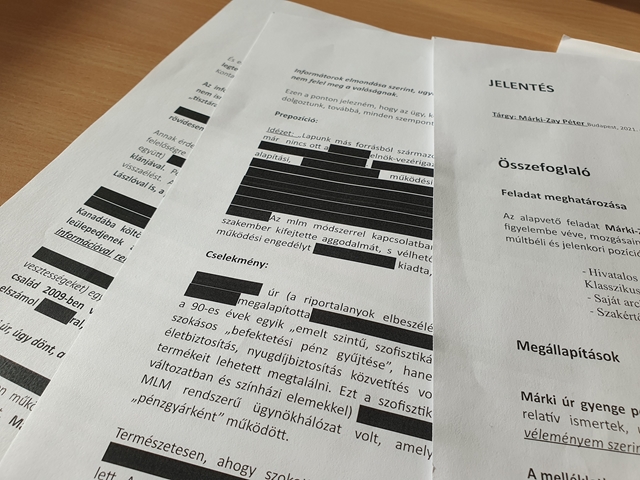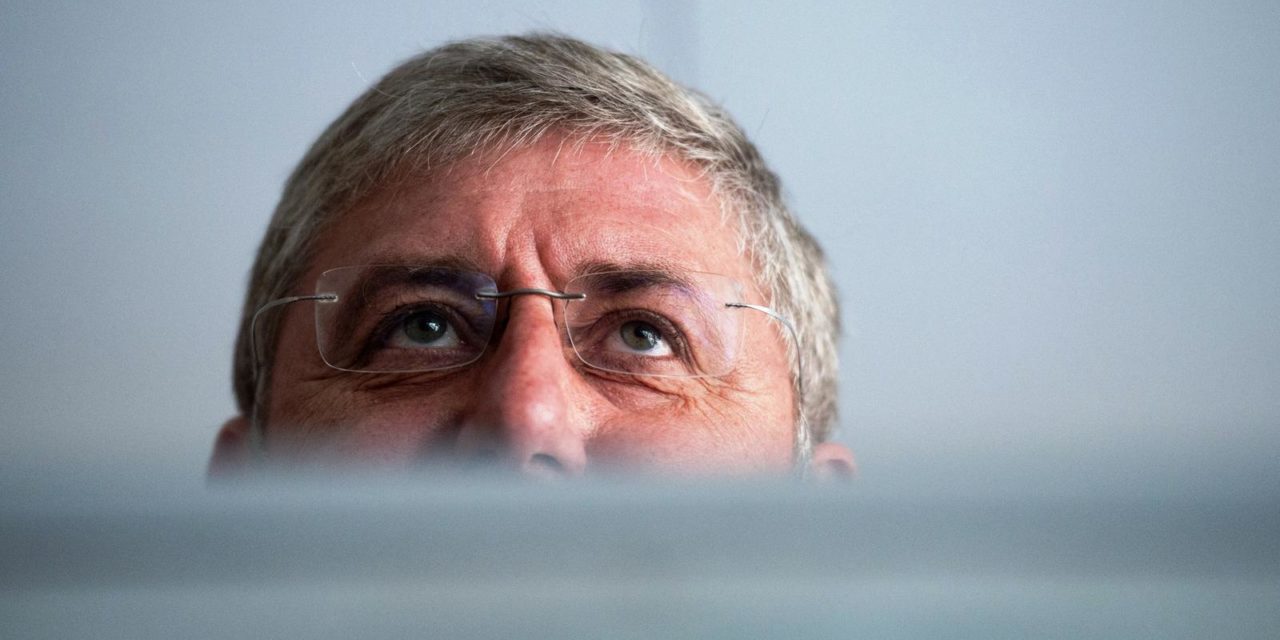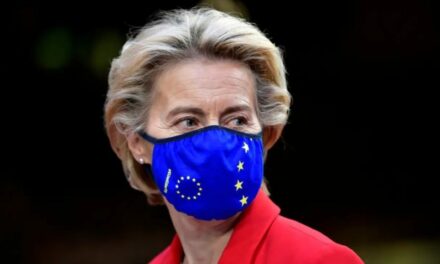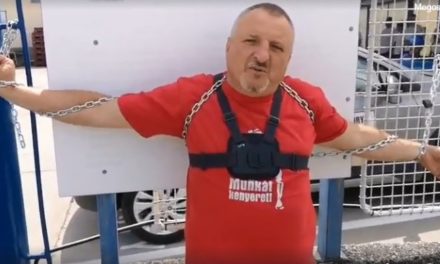The document waiting room is a room where you wait, similar to medical waiting rooms, but unlike medical waiting rooms, its walls are not covered with tiles, but an online space. Other than that, they are exactly the same. People - mostly addicts and compulsives - just walk in, sit down, and then wait for the document to arrive according to their temperament. Of course, documents that arouse widespread interest appear only rarely, roughly every four years, before the parliamentary elections. But then guaranteed.
At such times, the heavy iron door of the document waiting room creaks, and the crowd excitedly waits for the arrival of the document, like some kind of hallucination, while not taking their eyes off our opposition politicians and press workers. They are the gatekeepers of the document waiting room, the toll collectors of the virtual space, without their cooperation our soul-shaking waiting room would ring with emptiness like an abandoned, rusty bell.
I remember that the room was buzzing in the spring of 2017, when for months the leader of the DK teased the media, which was always ready to listen to his words, and which, as is well known, barely existed, that he would soon be in possession of documents that would provide decisive evidence for the trial. With some Russian help, he will prove – because Russian help is sometimes good for everyone – that Orbán is a common law criminal. And the show started.
On April 21, he said on ATV's Egyenes beszéd program that "I know something, that Prime Minister Orbán was confronted with certain facts and documents that are quite embarrassing for him, so that he considers at least five times whether to fulfill President Putin's request."
In response to a question, he also said that he had seen the documents, but refused to reveal more. He added that if he is sued for his statement, he will be able to prove that he is right in the judicial process.
Then three days later, at a press conference, he gave Viktor Orbán an ultimatum, sue him or clear himself.
"If the prime minister doesn't sue, he's admitting that the Russians really know about his illegal finances and can blackmail him."
Gyurcsány already said there that he saw copies of documents about corruption through intermediaries. Then again, three days later, he wrote a long post in which he said:
"Fully aware of my responsibility, I declare that if the documents I have seen are authentic, the prime minister has seriously violated Hungarian laws and betrayed his country. He does not act as the Prime Minister of Hungary, but as a blackmailable agent of Russia - and he concluded with this:
"the prime minister has only one option left, he can pray that the documents are not made public, because this will not simply lead to his political downfall, but to a decade-long prison sentence, his human, moral and political destruction".
Afterwards, he told Index that he was not filing a complaint because he did not have the documents.
Then on May 1, hvg.hu staff asked him what happened to the document. At the time, he talked about how it is difficult to say when it is necessary to turn to the public and Polt's prosecutor's office, because he would not have minded if Orbán sued him, because then the court can order proof of reality, and he is not related to the prosecutor's office:
"There is also an expectation of a miracle, my God, if Orbán could be replaced with a piece of paper, Gyurcsány would solve that"
he explained.
The next day, again on ATV's Ejenes Beszéd program, he revealed another detail He heard the story for the first time years ago, orally from a high-ranking intermediary, with a Slovak accent.
After a long trickle, the story reached its climax on May 16, when Gyurcsány told HírTv Egyenesen that
"Viktor Orbán has or had a Swiss bank account, I don't know if he has one today",
for which a significant sum of HUF 100 million was received. The unbiased, objective Olga Kálmán, now from DK, asked if it was a Swiss or a Singaporean bank, to which Gyurcsány simply said, "it's moving in the right direction". When asked if it was from President Putin, Gyurcsány said for the second time,
"Yes or no."
The audience at the documentary waiting room was already nervous, several of them needed to be sedated, and it didn't help that the next development in the case was only at the beginning of July due to the supposed vacation of the Gyurcsány family; On the 6th, Népszava wrote:
"Ferenc Gyurcsány has agreed on the price of secret evidence against Viktor Orbán. If the information is authentic, he will pay the roughly HUF 300 million and make the papers public."
Again with some omissions, in the middle of September he also spoke in his interview with Zúrpubi that he is still working to obtain authentic papers, and when asked whether he would bring the documents from Orbán's foreign bank account to Jesus for Christmas, he replied that:
“I would like you to bring it by October 23rd.”
Then the balloon popped, and the celebration of the 1956 revolution and freedom struggle forced Viktor Orbán to be free again, and the audience waiting for the document (by then addicted to Xanax) went home disappointed.

Photo: hvg.hu
But four years have passed, we are once again facing a parliamentary election, and lo and behold, the new messiah of the opposition, Péter Márki-Zay, is using the document he received from the DK to attack the media, which is always ready to take his word for it, and which is known to be less and less in existence. Sorry: you're talking about public opinion. Just with the document received from DK! Well... He told his followers on his Facebook page:
"Fidesz conducts profiling and surveillance reminiscent of the darkest period of communism."
And so:
"I personally received this material during the consultation with the Democratic Coalition a week ago, as a 'sign of trust.' The leaders of the Democratic Coalition received this material from Fidesz for Klára Dobrev's campaign. These are defamatory materials against me. Two things can be seen from this: one is that Fidesz tried to interfere in the primary election with this, and also the methods with which people are monitored."
I feel such a sense of dissapointment, because it is true that this document - unlike Gyurcsány's - was presented to the audience of the document waiting room without any prelude, but there is just one thing missing from it: information. Anyone who skims through the more than sixty pages sees a collection of articles with black covers. Because, as we know, this is how the party state works. (Gyurcsány) Show must go on. But let's face it: Feri did it better.
Featured image: Gergő Tóth













